Is there gas or acidity in the stomach? / Gas or Acidity in the Stomach?
Acidity and gas are not the same thing! (Although many of us misunderstand this place.)
Suppose the secretion of acid (HCL) in the stomach increases for some reason. In that case, it irritates and is referred to as acidity. There are some bacteria in our intestines that react with our food and produce carbon dioxide, hydrogen, methane, etc., which then produce gas in the stomach. Gas is constantly being produced in our stomach, but when it is produced in excess, we refer to it as gas. And this normal amount is an average of 400-600 ml. Typically, foods rich in fiber are responsible for producing gas in the stomach, such as vegetables and fruits. However, many people have this problem with certain foods. When we eat high-ash foods, our stomach cannot fully digest them. Some of the food enters the small intestine in an undigested state, and then the bacteria consume it, producing gas. For some reason, if the amount of gas released is high, we say that there is gas in the stomach! And if we are told what the way is to avoid this, the best remedy is! For this –
Chew your food very slowly so that it is digested well.
Drink plenty of water.
Avoid consuming cold drinks during this time.
And most importantly, stay worry-free.
Some foods known for causing gas include:
- Cucumber
- Radish
- Turnip
- Onion
- Sweet potato
- Cabbage
- Cauliflower
- Broccoli
- Green pepper
- Carrot
- Celer- Lettuce
- Pistachios
- Pastries
- Ice cream
- Salad dressing
- Apple
- Banana
- Peach
- Pear
- Grapes
- Jam
- Raisins
- Bread
- Pasta
- Oats
- Cheese
- Foods with artificial sugar.
What to do if you have gas:
Do not sleep: Do not fall asleep immediately after eating. If food is not digested, it creates gas in the stomach.
Do not eat pulses: If you experience gas, avoid consuming any type of pulses, such as lentils, beans, chickpeas, soybeans, etc. Because they contain a lot of protein, sugar, and fiber, which are not easily digested and can cause gas problems.
Fatty foods: Steer clear of consuming any foods that are deep-fried in oil.
Certain vegetables that are hard to digest, like broccoli, cauliflower, cabbage, and spinach, have a compound known as raffinose, which can lead to gas in the stomach.
Methods to relieve gas: Engage in physical activity or take a stroll: Develop a routine of regular exercise or walking. time to walk. This will stop gas from building up in the stomach.
Curd or buttermilk: Curd contains probiotic ingredients that help increase digestion and reduce gas pain. Additionally, the lactic acid present in buttermilk helps normalize gas. Therefore, consuming buttermilk or curd regularly can provide numerous benefits.
Cucumber: The cucumber is unmatched in its ability to soothe the stomach. It contains flavonoids and anti-inflammatory ingredients that reduce gas pressure in the stomach and relieve chest irritation.
Ginger: Ginger is one of the most effective anti-inflammatory foods that can help relieve gas problems. Sucking ginger or making it into tea can alleviate this problem.
Clove: Cloves immediately reduce gas pain. Sucking 2/3 cloves in the mouth or eating equal amounts of cardamom and clove powder can relieve acidity and bad breath.
If the pain does not subside even after following the methods mentioned for temporary gas pain, take steps as advised by the doctor.
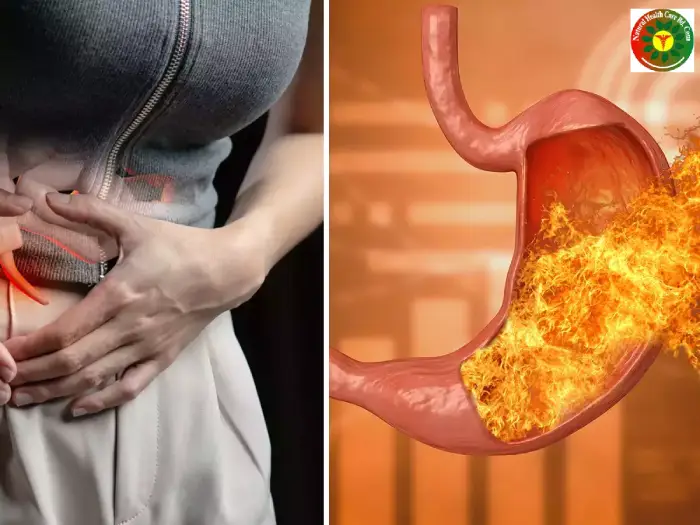
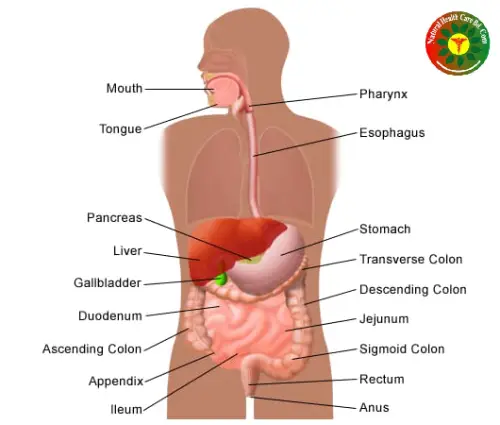
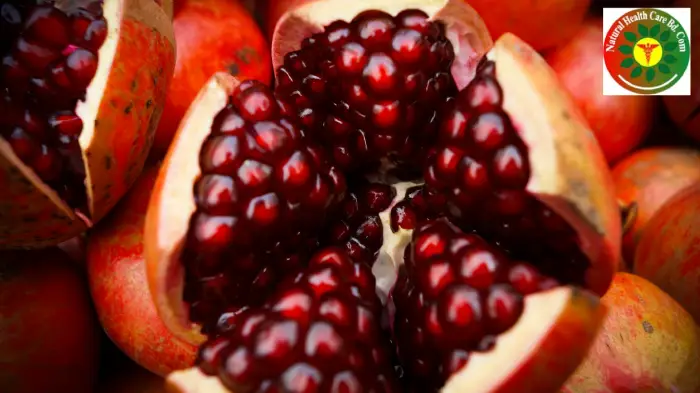

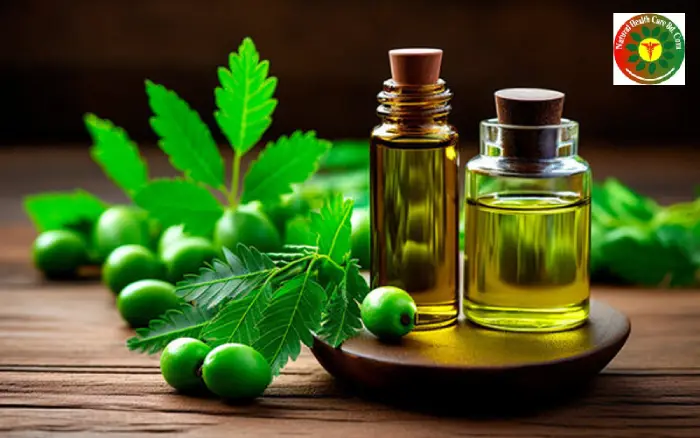


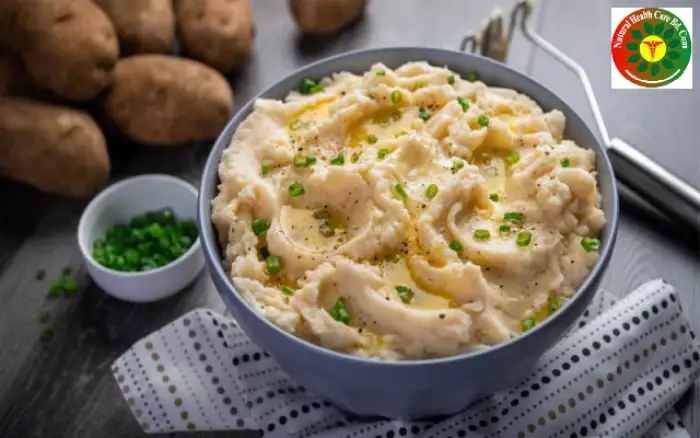
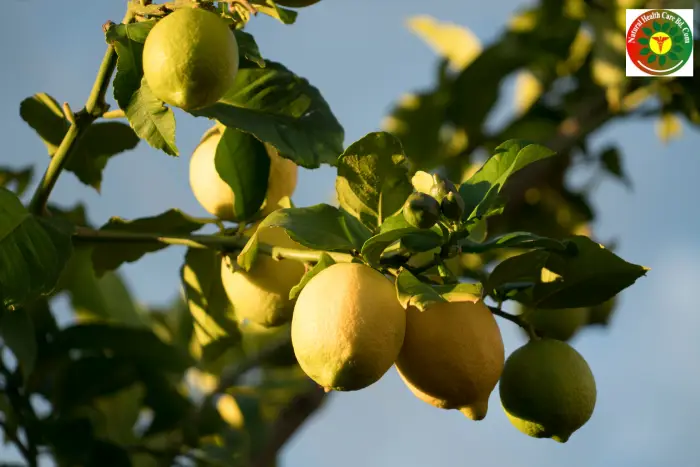
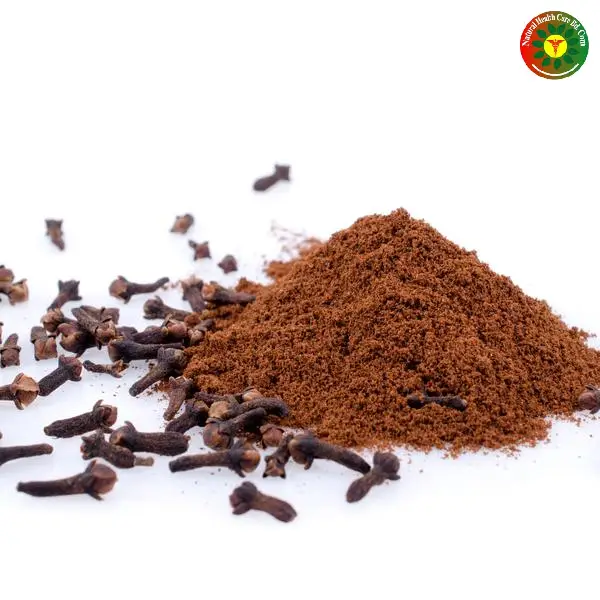
0 Comments